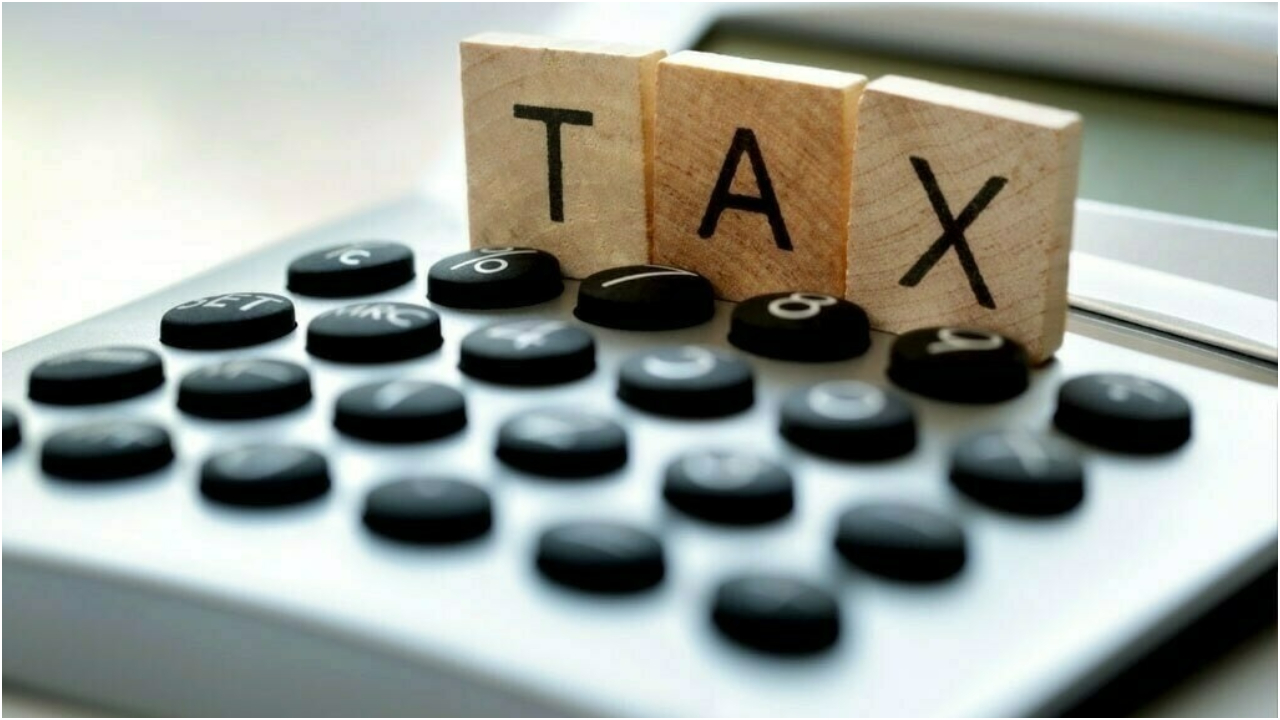The new financial year, 2025-26, begins on Tuesday, April 1, 2025. Along with this, many rules related to financial and non-financial services are changing. Among these, changes in income tax rules and interest on savings are particularly important. These changes will directly affect your finances. Additionally, changes in UPI rules may impact your transactions. Read this article below for more information.
New Tax System
A new tax system is being implemented for taxpayers starting from April 1, 2025. This system, introduced in the February 2025 budget, has increased the number of tax slabs and the income limits. However, it will be voluntary for taxpayers to choose between the new or the old tax system.
Taxpayers can decide whether to file income tax returns under the new or old system. There will be no tax exemptions for any type of investment under the new system, while the old system will remain the same, allowing tax exemptions for various investments.
Income Tax Slabs (New System):
- Up to Rs 4 lakh: 0%
- Rs 4 lakh – Rs 8 lakh: 5%
- Rs 8 lakh – Rs 12 lakh: 10%
- Rs 12 lakh – Rs 16 lakh: 15%
- Rs 16 lakh – Rs 20 lakh: 20%
- Rs 20 lakh – Rs 24 lakh: 25%
- More than Rs 24 lakh: 30%
(Note: Tax will be levied according to these slabs if the income exceeds the tax exemption limits.)
What Will Be the Effect on You:
From April 1, 2025, salaried individuals will not have to pay any tax on income up to Rs 12.75 lakh under the new tax system. The government has announced no tax on income up to Rs 12 lakh for all taxpayers opting for the new tax system, and salaried individuals will also receive an additional standard deduction of Rs 75,000.
Benefits of Higher Interest on Savings Schemes
Starting from April 1, the limit for non-taxable interest on fixed deposits (FD), recurring deposits (RD), and other savings schemes will increase. For senior citizens, interest income up to Rs 1 lakh will be non-taxable, up from Rs 50,000.
For others, the non-taxable interest limit will rise from Rs 40,000 to Rs 50,000.
Changes to UPI Payments for Inactive Mobile Numbers
From April 1, 2025, consumers will no longer be able to make payments from UPI IDs linked to inactive mobile numbers. According to guidelines from the National Payments Corporation of India, inactive mobile numbers will be removed from UPI IDs.
Exemption on House Rent Income
Starting April 1, 2025, the limit on income from house rent for landlords will increase to Rs 6 lakh. This change is expected to increase cash availability for landlords and boost the rental market in urban areas.
Positive Pay System for Cheques Over Rs 50,000
The Positive Pay System may become mandatory for cheque payments exceeding Rs 50,000 starting from April 1, 2025. Under this system, cheque details must be submitted to the bank in advance. This aims to reduce fraud.
Less Tax on Sending Money for Children Studying Abroad
The RBI’s Liberalized Remittance Scheme, effective from April 1, will allow parents to send up to Rs 10 lakh for fees or other expenses for children studying abroad without any tax. This is an increase from the previous limit of Rs 7 lakh, which was taxed at 5% for amounts over that limit.
Tax-Free Dividends Up to Rs 10,000
From the next financial year, the tax-free limit for dividend income will increase to Rs 10,000, up from the previous limit of Rs 5,000. This means there will be no tax on dividend income up to Rs 10,000 in any given year.
New Pension Scheme for Central Employees
The new Unified Pension Scheme (UPS) will be implemented for central employees starting April 1, 2025. Around 23 lakh employees will benefit from this scheme. Under it, employees will receive a pension equal to 50% of their average monthly salary for the last 12 months, provided they have at least 25 years of service.
Changes to GST Rules
From April 1, 2025, businessmen with annual sales exceeding Rs 10 crore will be required to submit e-invoice information to the invoice registration portal within 30 days of issuing the e-invoice. Previously, there was no time limit for this.
What Will Be the Impact?
If a businessman has multiple GST registrations across different states with one PAN number, they will need to register as an Input Service Distributor for distributing input tax credit.
